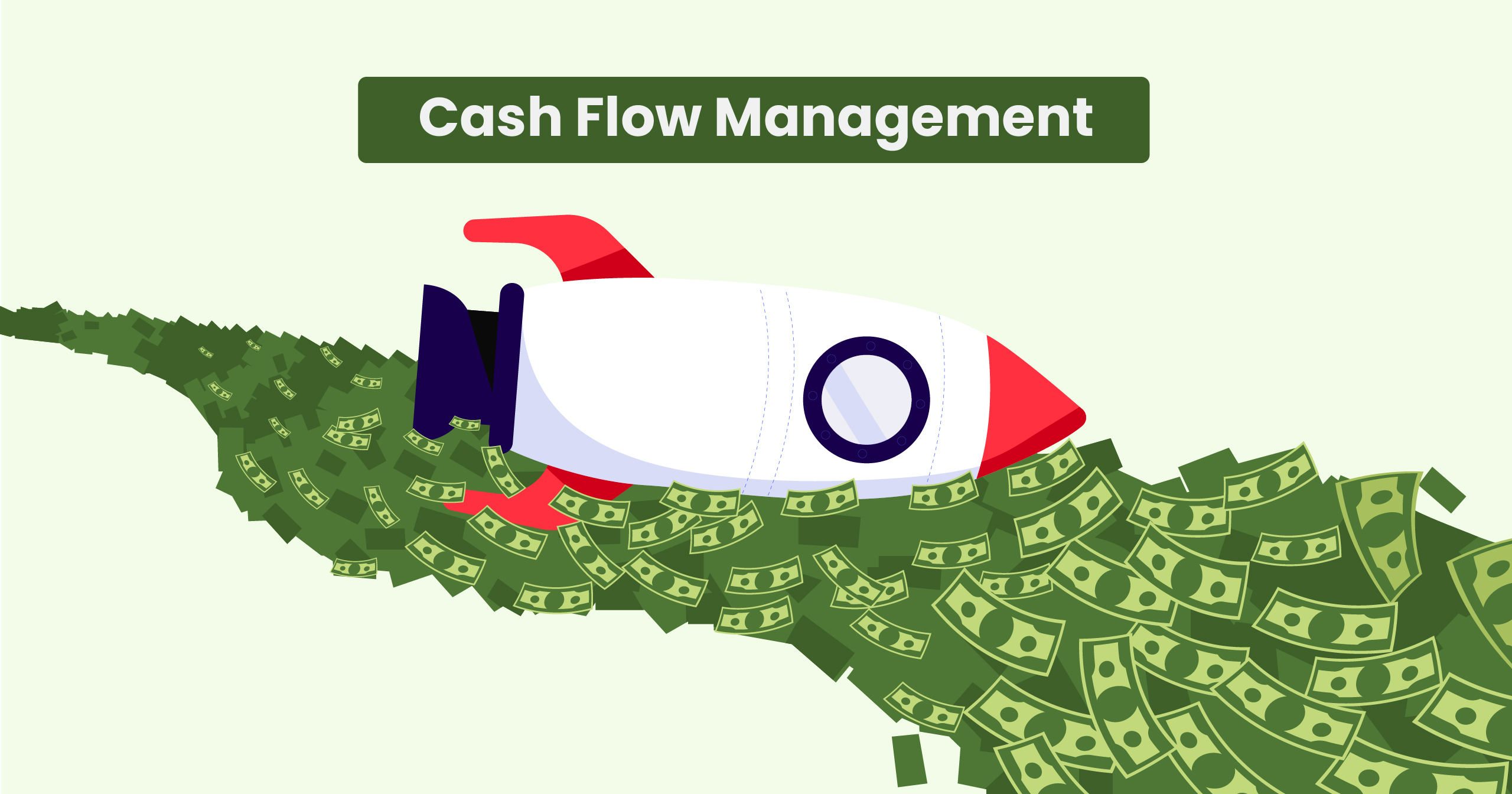Understanding Startup and Running Costs: A Key to Business Success
Launching a new business is an exhilarating journey filled with ambition and countless decisions. One of the most critical aspects entrepreneurs must grasp is the distinction between startup costs and running costs. Both categories encompass essential expenses that sustain your business, but confusing or mixing them can lead to severe financial strain and deter potential investors. This comprehensive article delves into the fundamental principles of managing these costs effectively, ensuring your venture remains stable, scalable, and attractive to stakeholders.
Defining Startup Costs
Startup costs refer to all the expenses incurred before your business officially begins operations. These costs are foundational investments designed to establish your company's presence, legitimacy, and operational capability. They typically include legal fees, branding efforts, equipment purchases, deposits, and other essential expenditures necessary to prepare for launch.
Legal fees are among the foremost startup expenses. Engaging legal professionals to help with business registration, contracts, intellectual property protection, and regulatory compliance ensures your business operates within the law and mitigates potential risks. Branding expenses involve creating a recognizable identity through logo design, website development, marketing materials, and promotional strategies that resonate with your target audience.
Acquiring equipment is another crucial startup cost category, ranging from computers and furniture to specialized machinery depending on your industry. Deposits for leasing office or retail space, utility setups, and initial inventory purchases are also necessary to kickstart operations.
Understanding Running Costs
Once your business is up and running, running costs come into play. These are the ongoing expenses required to maintain day-to-day operations, sustain growth, and support your team and customers. They include rent, payroll, utilities, marketing campaigns, inventory replenishment, and administrative expenses.
Rent represents a fixed expense that can significantly impact your cash flow, particularly in prime locations. Payroll costs cover employee salaries, benefits, taxes, and related human resource expenditures, often making up the largest portion of running costs for many businesses. Marketing remains vital post-launch to attract and retain customers through digital advertisements, events, promotions, and loyalty programs.
Other running costs involve operational necessities such as office supplies, software subscriptions, maintenance services, and insurance premiums. Efficient management of these expenses ensures your business remains competitive and financially viable in the long term.
The Risks of Mixing Startup and Running Costs
Combining startup and running costs without a clear separation can lead to detrimental consequences for your business’s financial health. Confusing these two categories may cause cash flow irregularities that hinder your ability to fund essential operations or invest in growth initiatives. For example, overspending on startup activities without reserving adequate funds for running costs might result in insufficient capital to pay monthly expenses, leading to unpaid bills, staff turnover, or halted marketing efforts.
Furthermore, potential investors scrutinize your financial planning closely. A blurred distinction between startup and operational expenses signals weak financial discipline and planning capabilities, which could diminish their confidence in your business’s potential. Investors typically prefer ventures with transparent, detailed budgets that accommodate unforeseen costs and clearly outline use of funds.
Crafting a Solid Financial Plan
A well-constructed financial plan is instrumental in differentiating startup and running costs effectively while preparing your business to withstand uncertainties. Start by categorizing all anticipated expenses accurately. This segregation enables precise forecasting and monitoring, facilitating better cash flow management and resource allocation.
Incorporating a contingency reserve of 10 to 15 percent above your projected costs acts as a vital safety net against unexpected expenditures. This buffer helps prevent costly surprises that can derail your operations. You should regularly review and adjust your budget as your business evolves to maintain alignment with actual needs and market conditions.
Navigating IRS Limits and Tax Deductions
Understanding the IRS regulations on deductible expenses is crucial for maximizing your tax benefits while ensuring compliance. The IRS sets limits on what portion of your startup and running costs can be deducted in a given tax year, often allowing business owners to deduct certain startup costs up to $5,000 with the remainder amortized over 15 years.
However, relying solely on these limits without strategic planning may lead to cash flow challenges or missed opportunities for reinvestment. Planning beyond the IRS thresholds—such as by forecasting taxable income, potential liabilities, and growth projections—helps maintain business stability and scalability. Consulting with tax professionals and legal experts can provide tailored advice to optimize your deductions and financial structure.
The Importance of Legal Assistance
Navigating the complexities of startup and running costs, including compliance with legal and tax frameworks, often necessitates professional guidance. Obtaining proper legal help ensures your business adheres to relevant regulations, minimizing risks associated with non-compliance or litigation. Legal advisors can assist with contract drafting, intellectual property management, employment law, and other aspects critical to your business’s foundation and growth.
If you require expert legal support, please reach out through the communication channels provided in our bio or send a private message. Our team at Consultant Legal Marketplace is committed to delivering comprehensive legal services designed to empower your business journey from inception to expansion.
Summary of Key Points
- Startup costs encompass all pre-launch expenses such as legal fees, branding, equipment, and deposits.
- Running costs are ongoing expenses including rent, payroll, marketing, and operational overheads.
- Mixing startup and running costs can harm cash flow and reduce investor confidence.
- A robust financial plan distinguishes these costs and integrates a 10 to 15 percent contingency reserve.
- Understanding and planning around IRS deduction limits are essential for financial stability and growth.
- Professional legal assistance supports compliance and risk management in managing business expenses.
Properly categorizing and managing startup versus running costs forms the backbone of a financially healthy and sustainable business. By implementing strategic planning, maintaining financial discipline, and seeking expert guidance, entrepreneurs can navigate the challenges of launching and operating a business successfully. Maintaining clear financial visibility not only safeguards against unexpected setbacks but also instills confidence in investors and stakeholders, paving the way for long-term growth and prosperity.
Legal Marketplace Consultant provides specialized legal services dedicated to supporting businesses and individuals at every stage. Our team comprises experienced attorneys, tax consultants, auditors, and accountants committed to delivering comprehensive support with professionalism and integrity.































